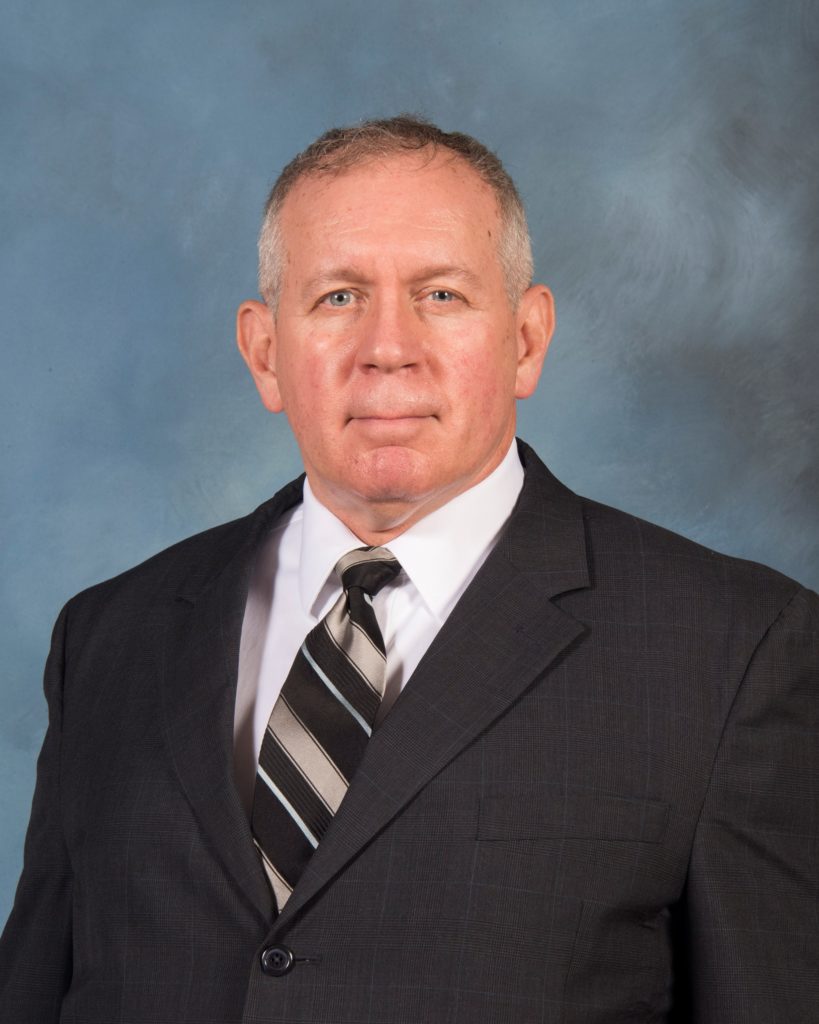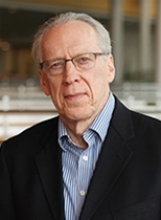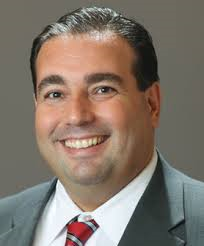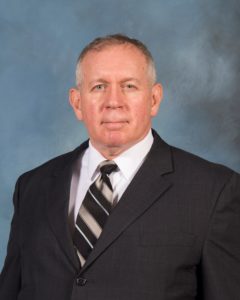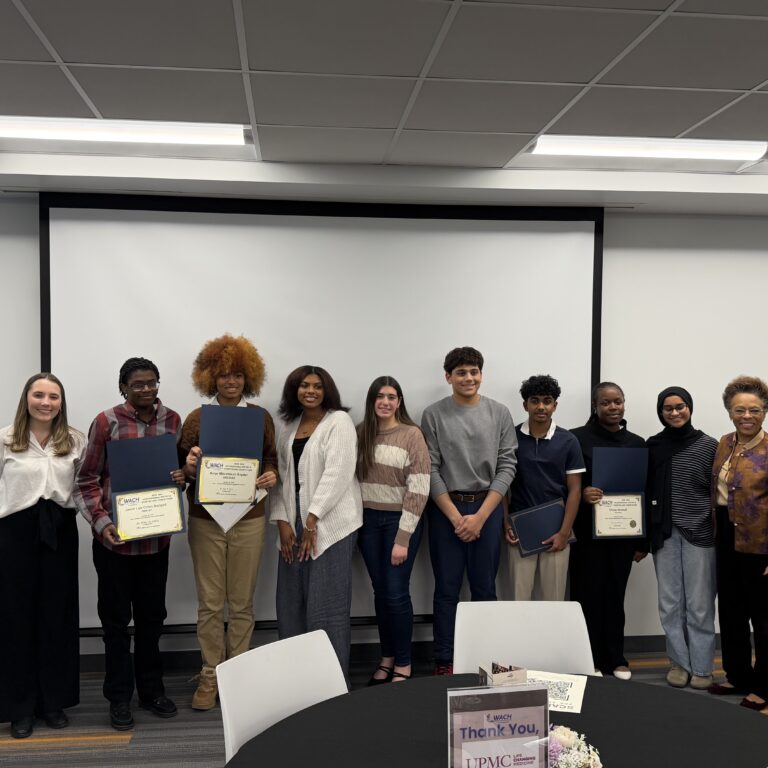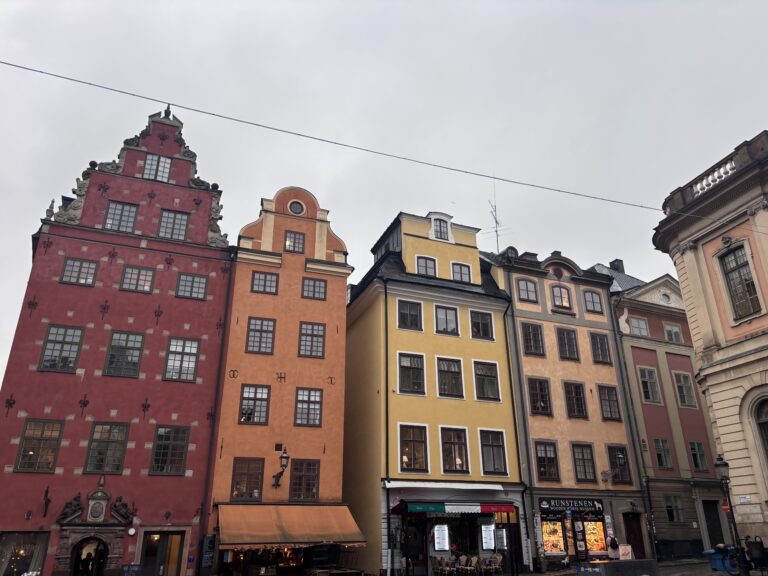GREAT DECISIONS 2018 TOPICS
World Affairs Council of Harrisburg discussions held bi-weekly each Monday at 1 p.m. beginning Feb. 5, 2018 through May 14, 1028 at the Cleve J. Fredricksen Library Central Library , 100 N 19th St, Camp Hill, PA 17011
REGISTER HERE -Members Attend Free!
Entire 8-week Great Decisions series – $50
Cost of single WACH membership – $60
Join Now – HERE
Topics for Great Decisions 2018 include:
The Waning of Pax Americana?
Feb 5, 2018 1:00p.m.-2:30p.m.
Discussant: Ambassador Dennis Jett
Ambassador Dennis Jett joined the School of International Affairs at Penn State University after a career in the U.S. Foreign Service that spanned twenty
His experience and expertise focus on international relations, foreign aid administration, and American foreign policy.
During the first months of Donald Trump’s presidency, the U.S. began a historic shift away from Pax Americana, the liberal international order that was established in the wake of World War II. Since 1945, Pax Americana has promised peaceful international relations and an open economy, buttressed by U.S. military power. In championing “America First” isolationism and protectionism, President Trump has shifted the political mood toward selective U.S. engagement, where foreign commitments are limited to areas of vital U.S. interest and economic nationalism is the order of the day. Geopolitical allies and challengers alike are paying close attention.
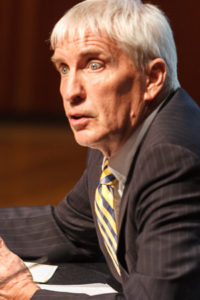
Russia’s Foreign Policy
Discussant: Dr. Craig Nation
Feb 19, 2018 — 1:00p.m.-2:30p.m.
R. Craig Nation is Professor of Strategy and Director of Russian and Eurasian Studies at the U.S. Army War College in Carlisle, PA. He specializes in security affairs with emphasis upon the European and Eurasian areas.
Under President Vladimir Putin, Russia is projecting an autocratic model of governance abroad and working to undermine the influence of liberal democracies, namely along Russia’s historical borderlands. Russia caused an international uproar in 2016, when it interfered in the U.S. presidential contest. But Putin’s foreign policy toolkit includes other instruments, from alliances with autocrats to proxy wars with the U.S. in Georgia, Ukraine and Syria. How does Putin conceive of national interests, and why do Russian citizens support him? How should the United States respond to Putin’s foreign policy ambitions?
China and America: the New Geopolitical Equation
 Discussant: Dr. David Lai
Discussant: Dr. David Lai
Dr. David Lai is a Research Professor of Asian Security Affairs at the Strategic Studies Institute of the U.S. Army War College. Before joining SSI, Dr. Lai was on the faculty of the U.S. Air War College. Born and raised in China, Lai witnessed China’s “Cultural Revolution,” its economic reform, and changes in China’s foreign relations.
In the last 15 years, China has implemented a wide-ranging strategy of economic outreach and expansion of all its national capacities, including military and diplomatic capacities. Where the United States has taken a step back from multilateral trade agreements and discarded the Trans-Pacific Partnership (TPP), China has made inroads through efforts like the Belt and Road Initiative and the Asian Infrastructure Investment Bank (AIIB). What are Beijing’s geopolitical objectives? What leadership and political conditions in each society underlie growing Sino-American tensions? What policies might Washington adopt to address this circumstance?
 Media and Foreign Policy
Media and Foreign Policy
Mar 19, 2018 1:00p.m.-2:30p.m.
Discussant: Dr. Joyce M. Davis
Davis is an award-winning journalist and internationally acclaimed author who has lived and worked around the globe. She served as foreign editor for National Public Radio, Knight Ridder Newspapers and Associated Director of Broadcasting for Radio Free Europe/Radio Liberty, as well as Senior VP of Content for WITF. Davis is currently Director of Communications for the City of Harrisburg.
State and non-state actors today must maneuver a complex and rapidly evolving media landscape. Conventional journalism now competes with user-generated content. Official channels of communication can be circumvented through social media. Foreign policy is tweeted from the White House and “fake news” has entered the zeitgeist. Cyberwarfare, hacking and misinformation pose complex security threats. How are actors using media to pursue and defend their interests in the international arena? What are the implications for U.S. policy?
Turkey: A Partner in Crisis
Discussion Leader: Sait Onal, President of the Turkish Cultural Association of Pennsylvania and Member of Executive Team of World Affairs Council of Harrisburg.
Of all NATO allies, Turkey represents the most daunting challenge for the Trump administration. In the wake of a failed military coup in July 2016, the autocratic trend in Ankara took a turn for the worse. One year on, an overwhelming majority of the population considers the United States to be their country’s greatest security threat. In this age of a worsening “clash of civilizations” between Islam and the West, even more important than its place on the map is what Turkey symbolically represents as the most institutionally Westernized Muslim country in the world.
U.S. Global Engagement and the Military
Apr 16, 2018 1:00p.m.-2:30p.m.
Discussant: Dr. G.K. Cunningham
Dr. G. K. Cunningham is Professor of Joint Landpower at the U.S. Army War College, Carlisle Barracks, PA. Dr. Cunningham has served on the faculty at U.S. Army War College since 2001 as a faculty subject matter expert on joint landpower, theater planning, and expeditionary warfare.He has an extensive background in both amphibious and land operations as a commander and staff officer in Marine Corps and joint commands, worldwide. His area of expertise is organizational management and leadership in stratified systems.
The global power balance is rapidly evolving, leaving the United States at a turning point with respect to its level of engagement and the rolof its military. Some argue for an “America First” paradigm, with a large military to ensure security, while others call for a more assertive posture overseas. Some advocate for a restoration of American multilateral leadership and a strengthened role for diplomacy. Still others envision a restrained U.S. role, involving a more limited military. How does the military function in today’s international order, and how might it be balanced with diplomatic and foreign assistance capabilities?
South Africa’s Fragile Democracy
Apr 30, 2018 1:00p.m.-2:30p.m.
The African National Congress (ANC) party has governed South Africa since the end of apartheid in 1994. But the party today suffers from popular frustration over official corruption and economic stagnation. It faces growing threats from both left and right opposition parties, even as intraparty divisions surface. Given America’s history of opportunistic engagement with Africa, there are few prospects for a closer relationship between the two countries. Meanwhile, a weaker ANC could lead to political fragmentation in this relatively new democracy.
Global health: progress and challenges
The collective action of countries, communities and organizations over the last 30 years has literally saved millions of lives around the world. Yet terrible inequalities in health and wellbeing persist. The world now faces a mix of old and new health challenges, including the preventable deaths of mothers and children, continuing epidemics of infectious diseases, and rising rates of chronic disease. We also remain vulnerable to the emergence of new and deadly pandemics. For these reasons, the next several decades will be just as important—if not more so—than the last in determining wellbeing across nations.

